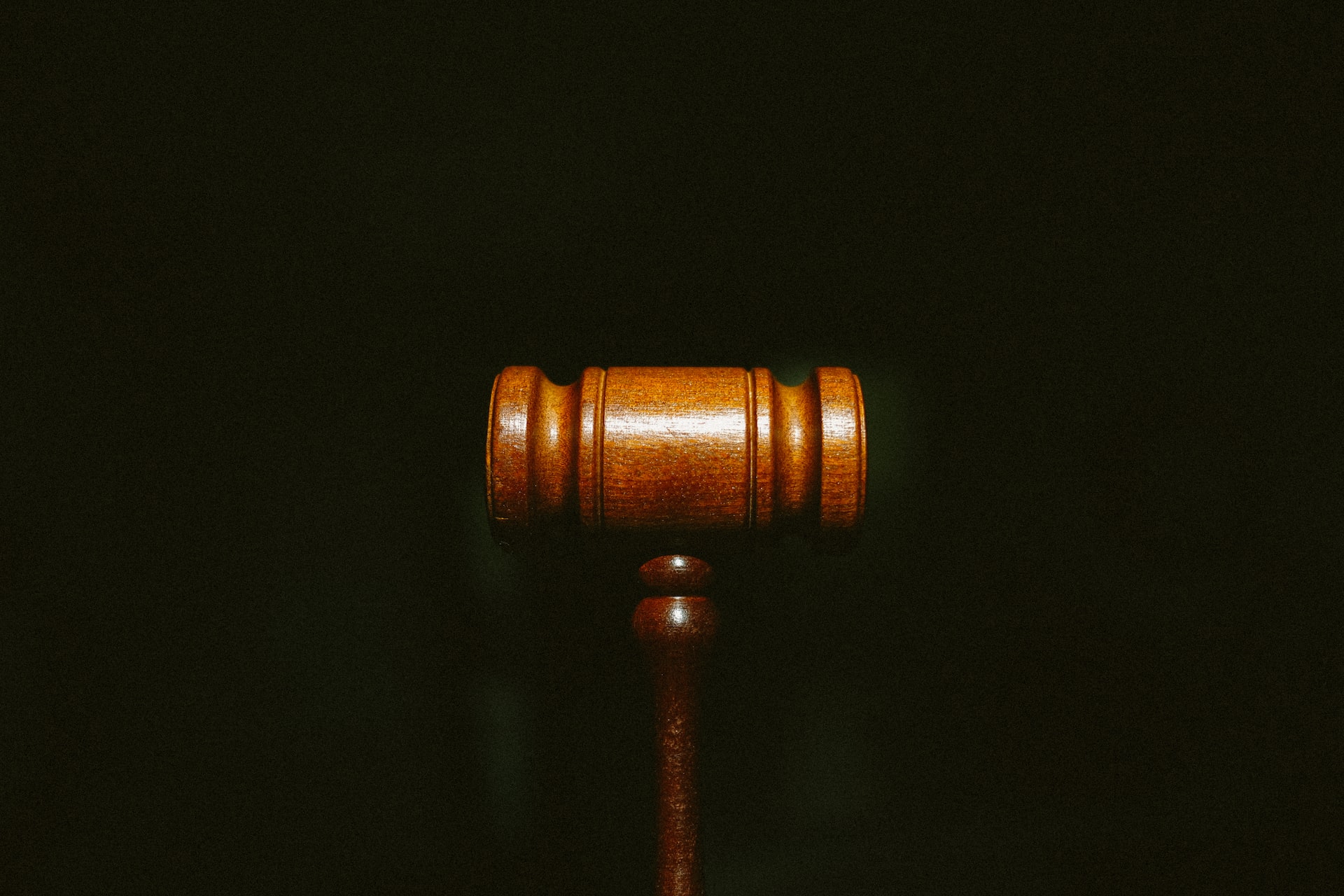
When justice is withheld, it is denied. India’s federal and state governments have been actively involved in establishing Fast Track Courts (FTC). Fast Track Courts handle certain offenses, such as check dishonour, sexual offenses, etc., in a timely manner. They handle cases quickly and contribute to the Indian judiciary’s massive backlog being cleared.
The Indian government has made some progress on judicial reforms in response to the dire situation that the Indian courts find themselves in with regard to the prompt delivery of justice. The concept of Fast Track Court is one such advancement to provide victims with prompt justice. However, more recent developments have shown that the fastest track courts’ most ideal design is almost losing its effectiveness due to various internal and external issues, prompting legitimate organizations to take immediate action to address this problem.
fast track courts in india: About
- FTC courts are supposed to give prompt access to justice. Over the following five years, the number of cases remaining in district and subordinate courts was to be decreased as a result of the development of these courts.
- A plan to construct up to 1,023 Fast Track Courts in the year 2019 has been approved by the Indian government in an effort to speed up the dismissal of pending cases involving rape under the IPC as well as crimes under the POCSO Act.
- Thus, it is anticipated that Fast Track Courts will transform the legal system and guarantee that victims receive justice promptly.
- As per the information from the Ministry of Law and Justice, in 30 States and UTs, the total number of fast track courts in india is 758 which are operational, including 412 unique POCSO Courts.
benefits of fast track courts in india
- Speedy Case Adjournments: Case adjournments are not permitted in Fast Track Courts. Even in circumstances when they permit adjournments, they have a deadline by which they must resolve a case or a maximum number of cases they must resolve in a given amount of time. Justice is served quickly as a result of this.
- Relief for the Undertrials: In detention pending trial and without a conviction or acquittal are known as undertrial detainees. However, the unfortunate reality is that a large number of them spend more time behind bars as undertrials than they would have if they had been found guilty of the actual crime.
- Encourages Professionalization and Specialization: It has assisted in the employment of thousands of people in a variety of fields and has retired judges from district and high courts available. A certain area of law has become more specialized as a result of the creation of fast track courts.
- Ensures Predictability and Consistency: Fast track courts are solid and stable with a high-performance rate. It delivers justice with remarkable precision.
Disadvantages of Fast Track Courts in India
- In Certain Cases it Don’t Provide Full Justice: Courts take their time to deliver justice because they consider every detail in great detail. However, in fast-track courts, some case laws are decided without a thorough review of the evidence, leading to numerous wrongful convictions in the sake of a quick trial.
- Tampered with Material and Judges’ Lack of Professionalism: The limited scope of fast track courts limits judges’ ability to handle cases falling under diverse legal categories.
- Issues with Infrastructure: The majority of fast track courts were frequently placed in already-existing courts rather than being established with unique premises or equipment. Additionally, a number of States designate special judges for the fast track courts from the existing bench. The remaining judges now have a much heavier workload.
fast track court cases in india
- The Best Bakery case is an illustration of how a trial can proceed quickly without necessarily bringing about justice. In this instance, 21 defendants who are suspected of burning people alive throughout the Gujarat riots were put on trial before a Fast Track Court. In 44 days, the court rendered a decision that led to each and every accused person’s acquittal. An appeal was then filed with the Supreme Court after this case was eventually taken up by the High Court, where the ruling was overturned.
The Supreme Court said that there had been a “gross miscarriage of justice” and sharply criticized the Fast Track Court’s handling of the proceedings.
- In the case of Rudal Shah, in exemplary damages, the Supreme Court granted a man who had served an extra 14 years in jail.
If Fast Track Courts operate well, these kinds of problems can be prevented.
People are now aware of the advantages of India’s fast-track courts. There are benefits and drawbacks to fast speed courts in society, just like anything else. However, fast track courts, also known as fast track cases or fast track case law, have shown to be extremely helpful and have contributed to the resolution of millions of cases. Fast track courts are necessary in India in this day and age to stop gender-based and sexual abuse. As a result, you can determine which of the fast track courts’ benefits outweigh their drawbacks.









